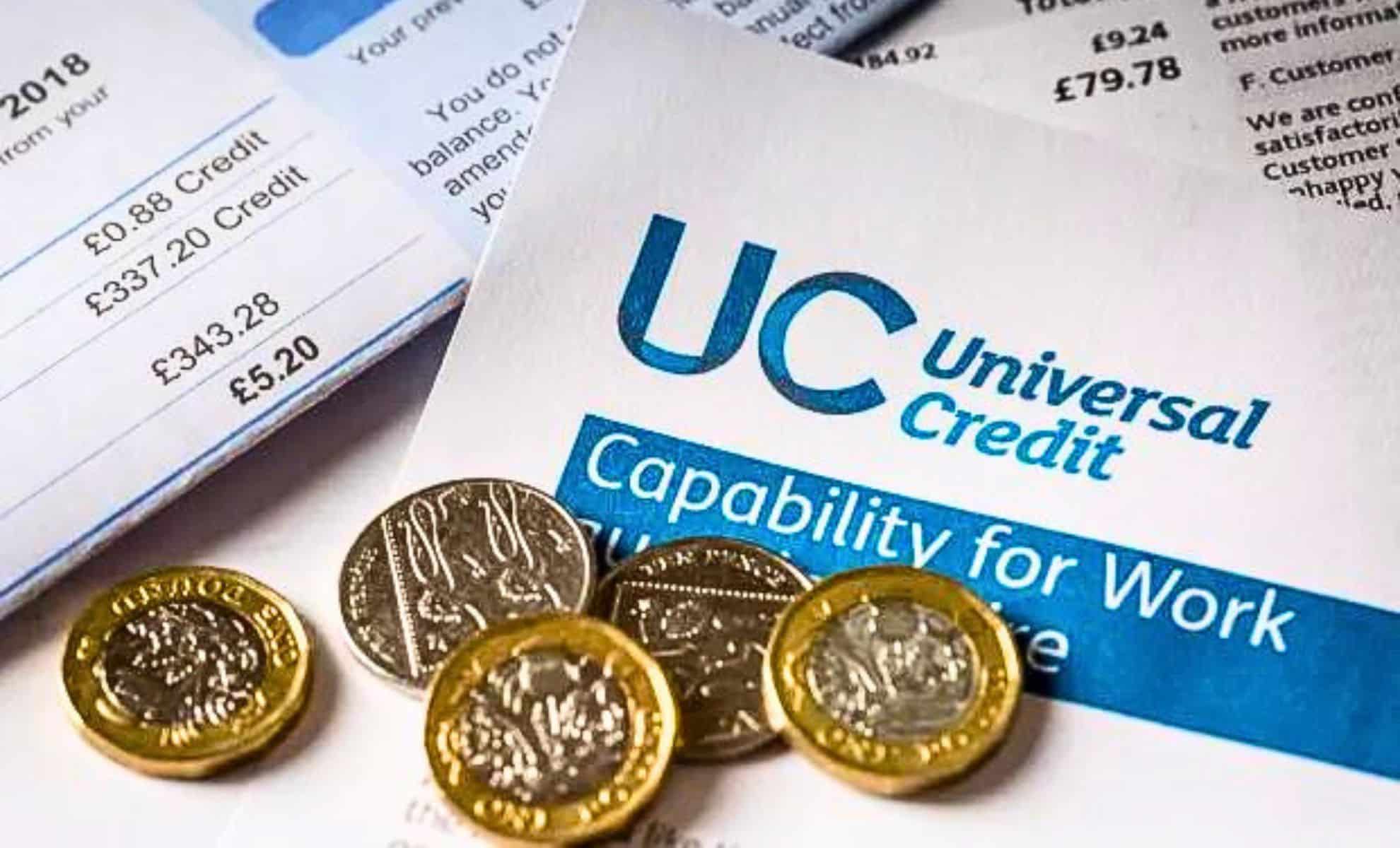Britain’s Universal Credit system is due to undergo major changes in 2024. The scheduled increase, which is set to impact millions of recipients, should take effect from April. Crucially, however, these changes will not be implemented simultaneously or at the beginning of the month.
“The adjustments to the Universal Credit Payments in the UK will be gradual, with different categories of recipients experiencing the increase at varied times.”
The Increase in Universal Credit Payments
Starting on the first working week of the new tax year, Universal Credit payments will adopt the new payment rates. The change will take effect from Monday 8 April 2024.
The adjustment to rates will have an ongoing impact on the standard allowance and additional amounts for having children, incapacity for work and caring duties, which are expected to increase by 6.7%.
The rise in your allowance will be determined on the basis of your income, savings and financial situation in the previous month. Please note that benefits will increase from the date of your first full assessment period, i.e. one month later. As a result, most beneficiaries will not notice the increase until May or June.
Your credit will be paid into your bank account seven days after the date if it falls on a bank holiday or weekend.
UC Payments Schedule
The payments shall be made between the 7th and 13th day of each month, depending on the date of the claim. Basically, payments are made to cover the period from the first to the last day of each month.
- 1st to 31st (paid on 7th) – increase applied in June, you will receive it in your payment on 7th June
- 2nd to 1st (paid on 8th) – increase applied in June, you will receive it in your payment on 8th June.
- 3rd to 2nd (paid on 9th) – increase applied in June, you will receive it in your payment on 9 June.
- 4th to 3rd (paid 10th) – increase applied in June, you will receive it in your payment on 10 June.
- 5th to 4th (paid on 11th) – increase applied in June, you will receive it in your payment on 11th, June.
- 6th to 5th (paid on the 12th) – increase applied in June, you will receive it in your payment on 12 June.
- 7th to 6th (paid on the 13th) – increase applied in June, you will receive it in your payment on 13 June.
All revised rates will cover payments to single individuals, couples, children, disabled children, carers, childcare costs, contributions towards non-dependent housing costs, in-work allowances (for one or more dependent children or limited capability for work), and childcare costs.
Importantly, however, as of 3 April 2017, people claiming Universal Credit from this date are no longer eligible for the limited capability for work amount unless they were in receipt of a comparable component of Employment and Support Allowance (ESA) at the time of the claim.
The categorisation as having limited capability for work simply means that people making a new claim must prepare to return to work as quickly as possible, with no additional benefits provided during this phase.
Eligibility
In order to qualify for Universal Credit, you need to be on a low income or need help with living expenses. This may include being:
- Out of work
- Working (including self-employed or part-time)
- Unable to work, for example because of a health condition
To claim, you must:
- live in the UK
- be aged 18 or over (there are some exceptions if you’re 16 to 17)
- be under State Pension age
- have £16,000 or less in money, savings and investments

Robert Johnson is a UK-based business writer specializing in finance and entrepreneurship. With an eye for market trends and a keen interest in the corporate world, he offers readers valuable insights into business developments.








